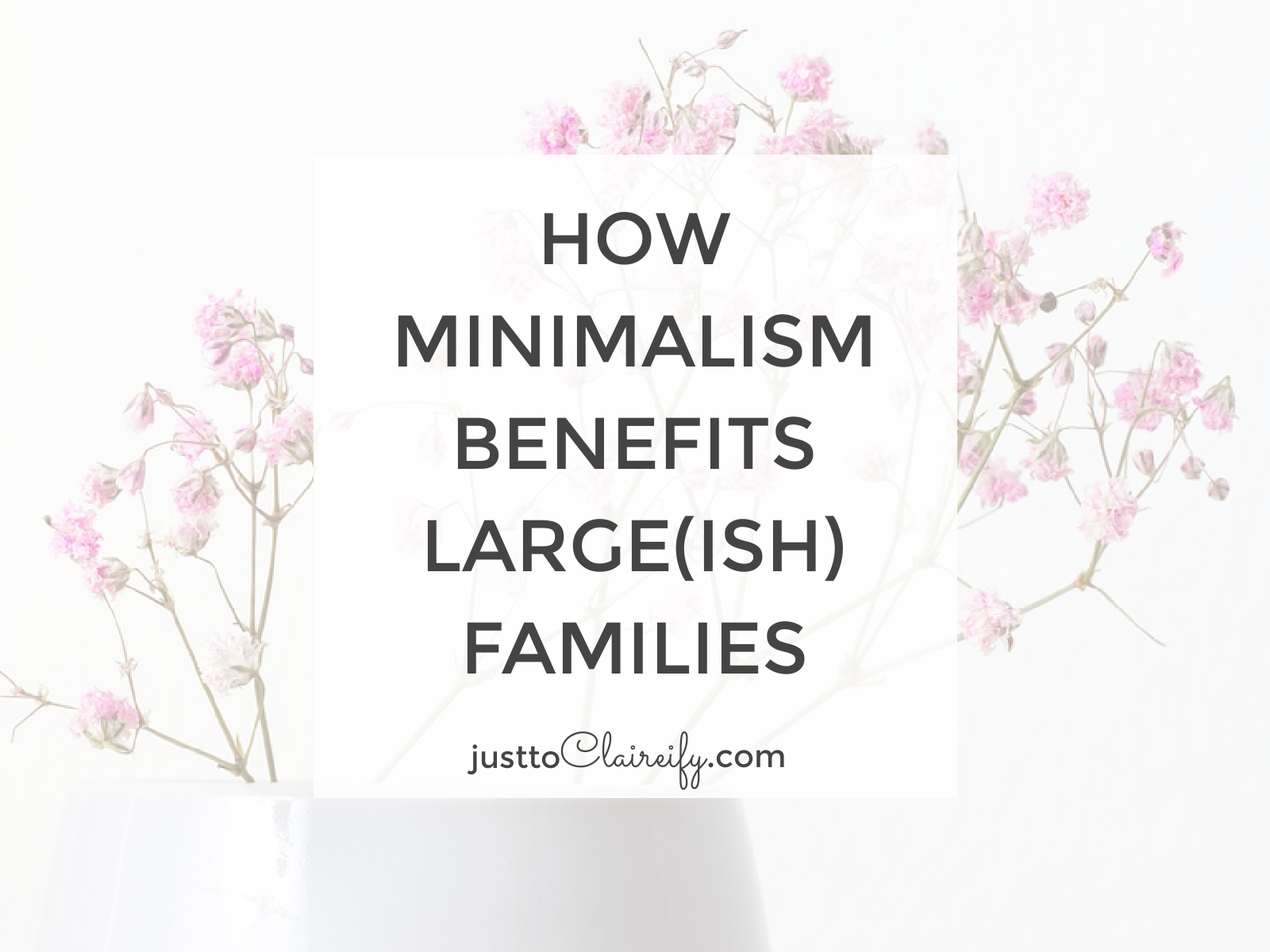 The art of emotional detachment from possessions is a lifelong pursuit. It’s learning how to appreciate an item for its functionality and/or beauty, without hanging onto it for purely sentimental reasons long after its usefulness or beauty has disappeared. There are very few things that should remain with us for life.
The art of emotional detachment from possessions is a lifelong pursuit. It’s learning how to appreciate an item for its functionality and/or beauty, without hanging onto it for purely sentimental reasons long after its usefulness or beauty has disappeared. There are very few things that should remain with us for life.
Two of the times in my life when I have felt the most free were after massive declutters. First, when we moved back to Minnesota from California. And then downsizing our possessions to (try to) move to Norway.
When we moved away from California, we sold all of our furniture. We packed our remaining possessions into five large boxes and shipped them home via Fedex, plus our two bikes. Everything else fit into our Corolla and we took a meandering drive home through the Pacific Northwest and Rockies, stopping off at Glacier along the way. When we hopped in our jam-packed car at 6am on moving day, I felt so unencumbered and optimistic about the future.
That level of minimalism isn’t attainable after having children, let alone big families. There are so many things a child needs to survive. Not even considering the familiar comforts of home that they need for emotional health.
And I wouldn’t want to part with all of our furniture (for example) now either. It’s not all the cheapest option from IKEA; I’ve put a lot of thought and effort into creating a cozy, functional space for our family to enjoy.
On the other hand, when we decluttered for our international move, I felt like I was wading through a sea of old versions of myself, dreams I’d given up on or life changes beyond my control. Clothes from college that were no longer flattering or appropriate after kids. Baby items or holistic supplements I’d never used. The fire pit we bought pre-COVID, to host the friends we never made while living in that house.
It’s not a good feeling to live in a time capsule. Most of us, anyways, like to feel like we are moving forward, growing as people, and working towards meaningful dreams. We don’t want to drag the weight of the past with us as we go.
Minimalism for Big Families
While I’ve dispensed with the extreme or aesthetic versions of minimalism I aspired to before motherhood, our almost-move to Norway taught that there are many benefits to continuing to practice functional minimalism after having kids.
- The feeling of having a “clean slate” in life, a life where there’s room for change. I felt stuck in my pandemic ways after COVID. Removing the things that reminded me of the pandemic and life before–well, removing the whole house, for us!–also reminded me that it’s never too late to make changes, big or small, to change the course of our lives.
- Making the most of limited space. We live in a 4-bedroom, 3-bathroom house (like our old one). We have 3 kids and want more. Our spare bedroom is an office right now, but we will soon be moving our oldest into it. Having a limited amount of extra “stuff” means it will be much easier to shift people, furniture and storage boxes around to make that work.
- Easier to rotate toys, books and art supplies. People who practice toy rotation understand that it’s not fun to sift through boxes of unloved or broken toys to find the ones people actually want to play with. Minimizing the kids’ stuff means toys get rotated more frequently. This means less boredom for kids and less frustration for parents.
- Less stress about stuff coming into the house. As much as you can tell some relatives that no, the kids really don’t need more stuffies, matchbox cars or plastic knickknacks–they will give them anyways. Our family does a big toy/book/craft supply cleanout every holiday season. It makes getting a boxful of Christmas presents fun instead of stressful.
- Easier to clean and practice hospitality. This was a bit more relevant before we had housecleaners, but it still stands. If someone is coming over and I want to do a quick clean, it is much easier if I don’t have to pick up 250 puzzle pieces and the contents of an entire toy bin first. I’m more likely to invite guests in the first place when cleaning is easier.
- Teaching kids to practice healthy attachment to their possessions. It’s important for kids to understand that there is a limit to the number of possessions you can store and care for at a time. This tenet of minimalism is especially important in big families, because spaces get cluttered fast! When we let go of the ones that aren’t our favorites, we have more time for the things that matter. Then we have space for new things–stuff and opportunities–too.
Out of all of these things, I think the first one is the most important. Sometimes after kids, I’ve found myself feeling like we don’t have time for the things that matter. For us, that means living a slow-paced life, getting outside, traveling or cooking from scratch. Because we now live in a relatively small home, with less stuff to care for (if we’re careful to not let it accumulate), it’s opened the door to being able to do the things that matter to us.
Minimalism, in my opinion, should not feel like some constrictive lifestyle where the number of shirts you own matters more than the benefits of said lifestyle. Minimalism should feel like freedom, for single child-free people and big families alike.
xx Claire


